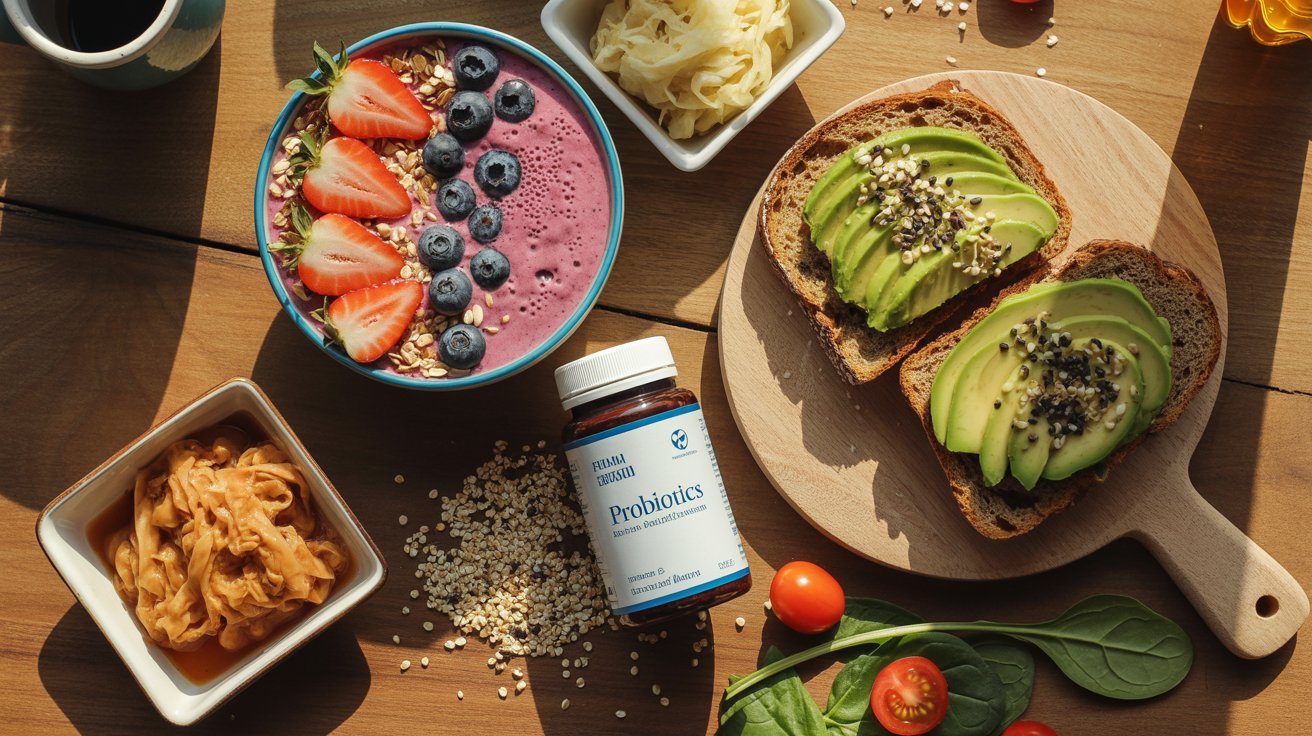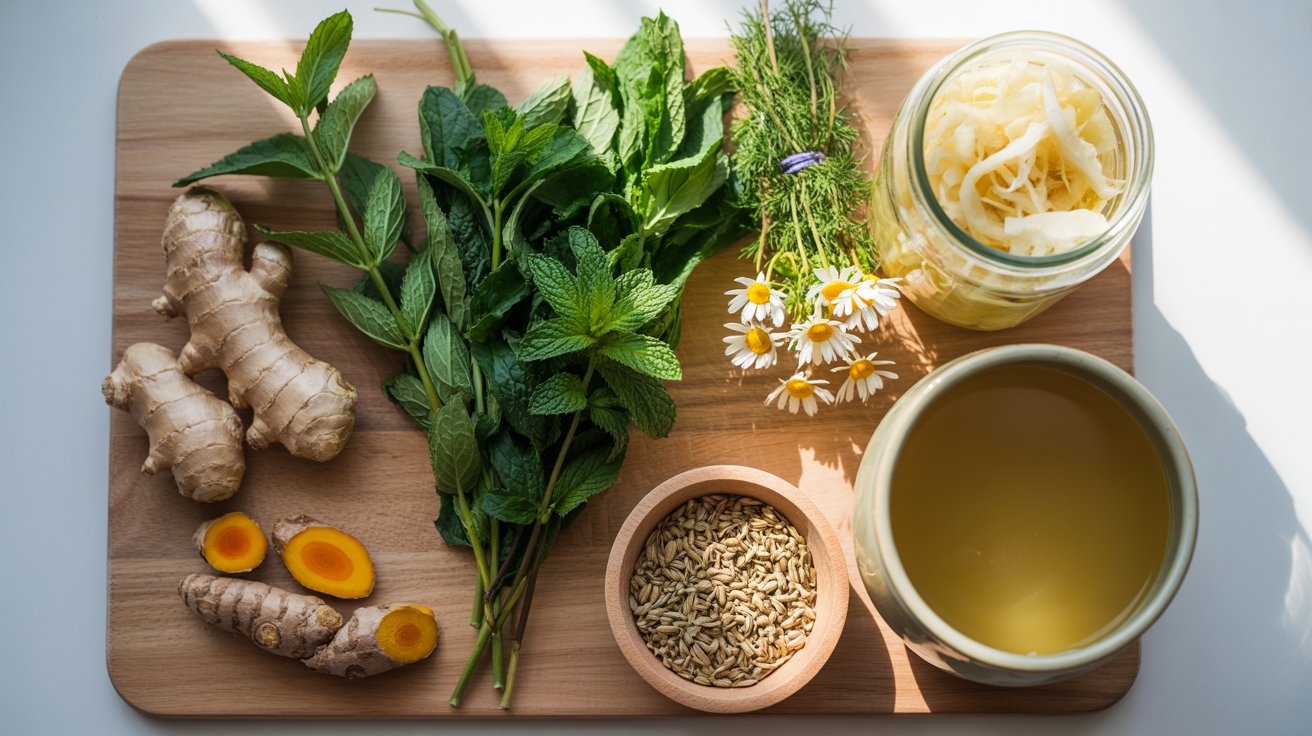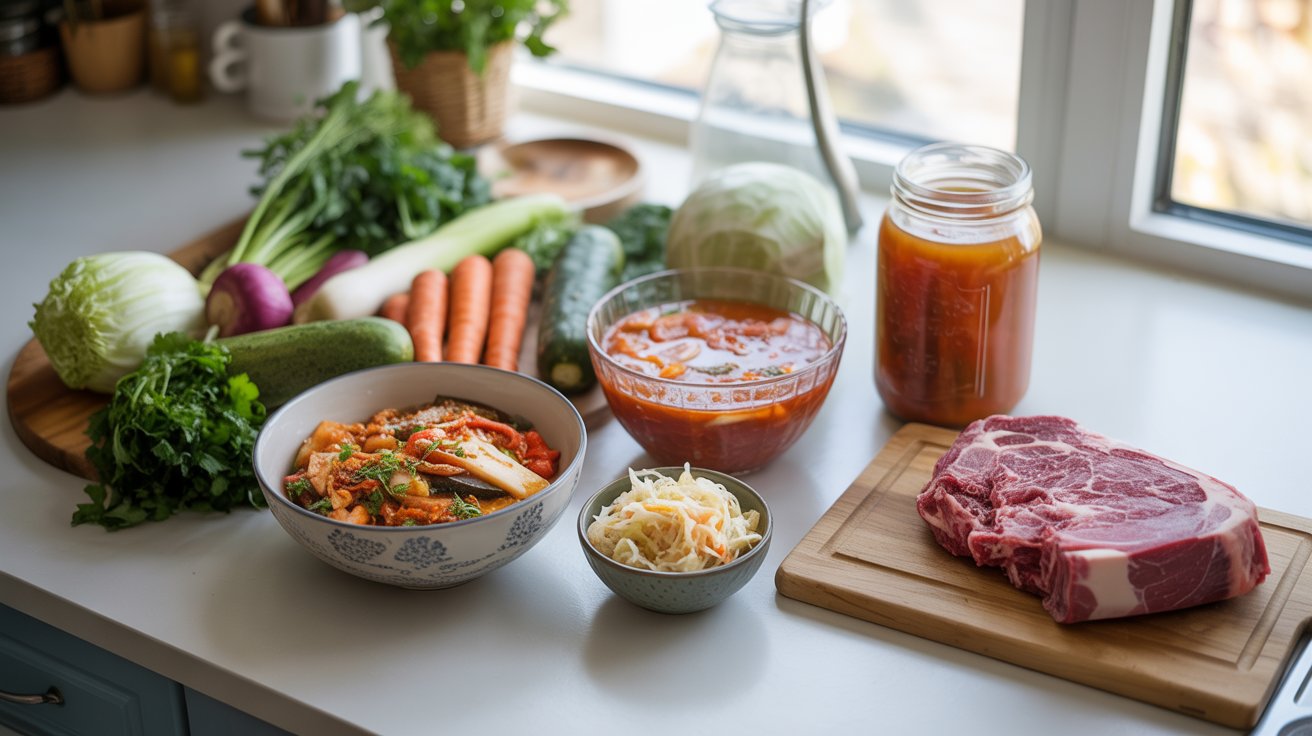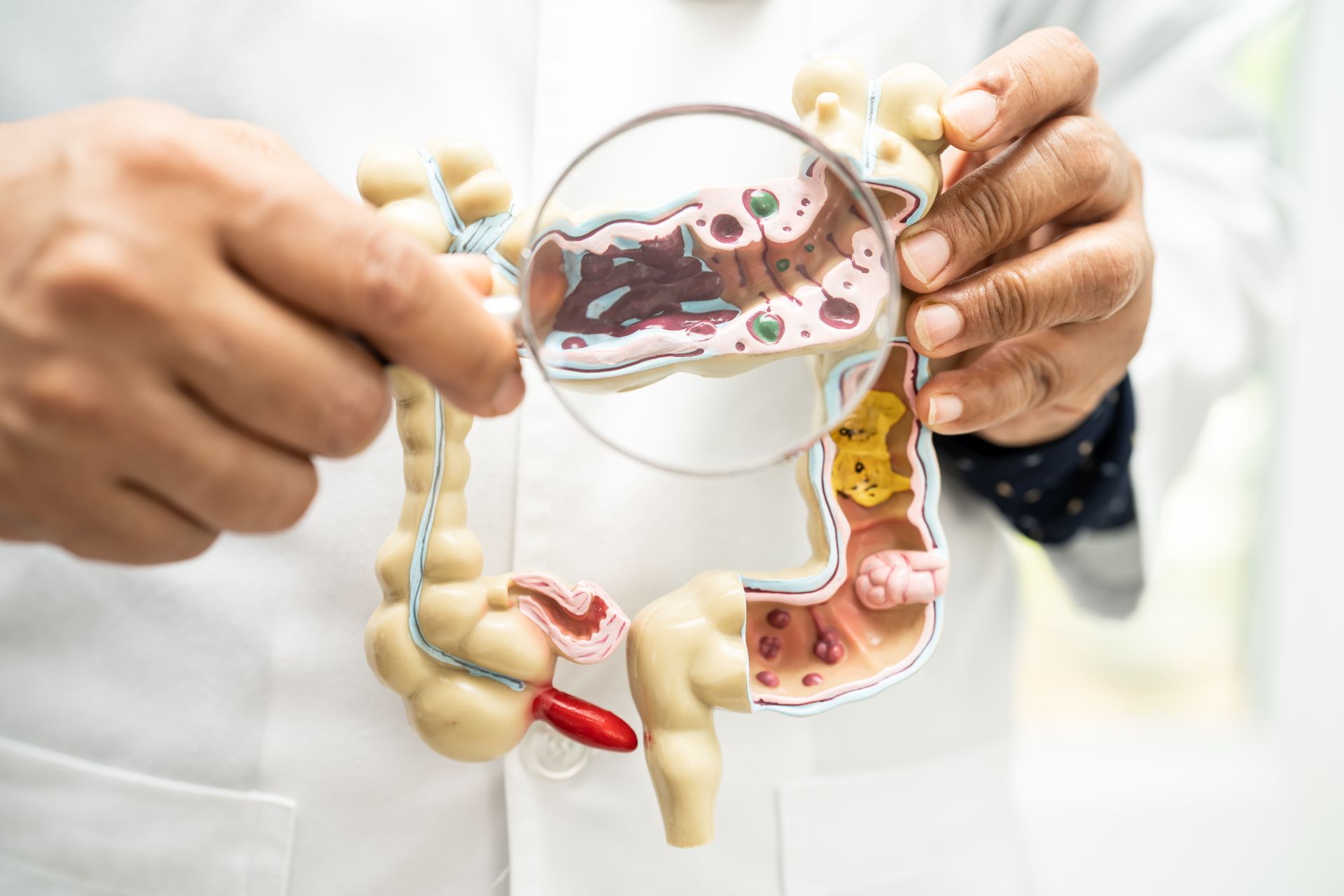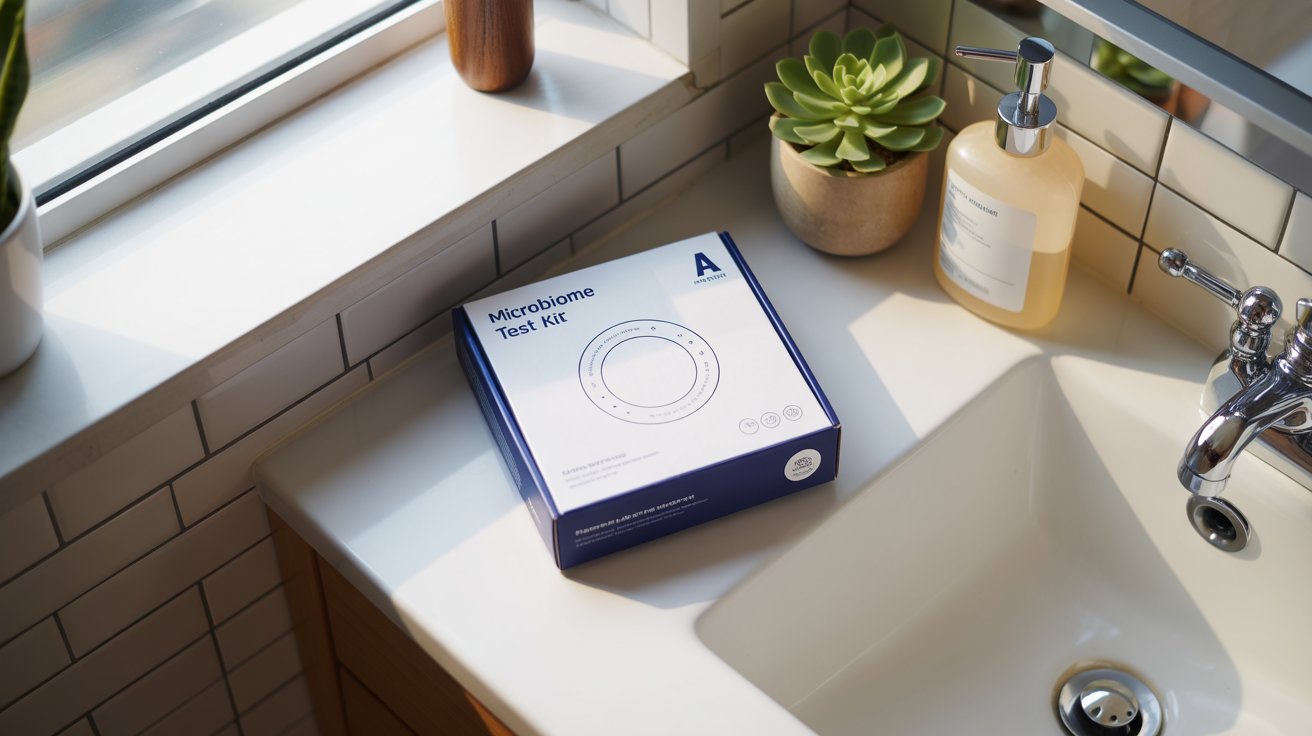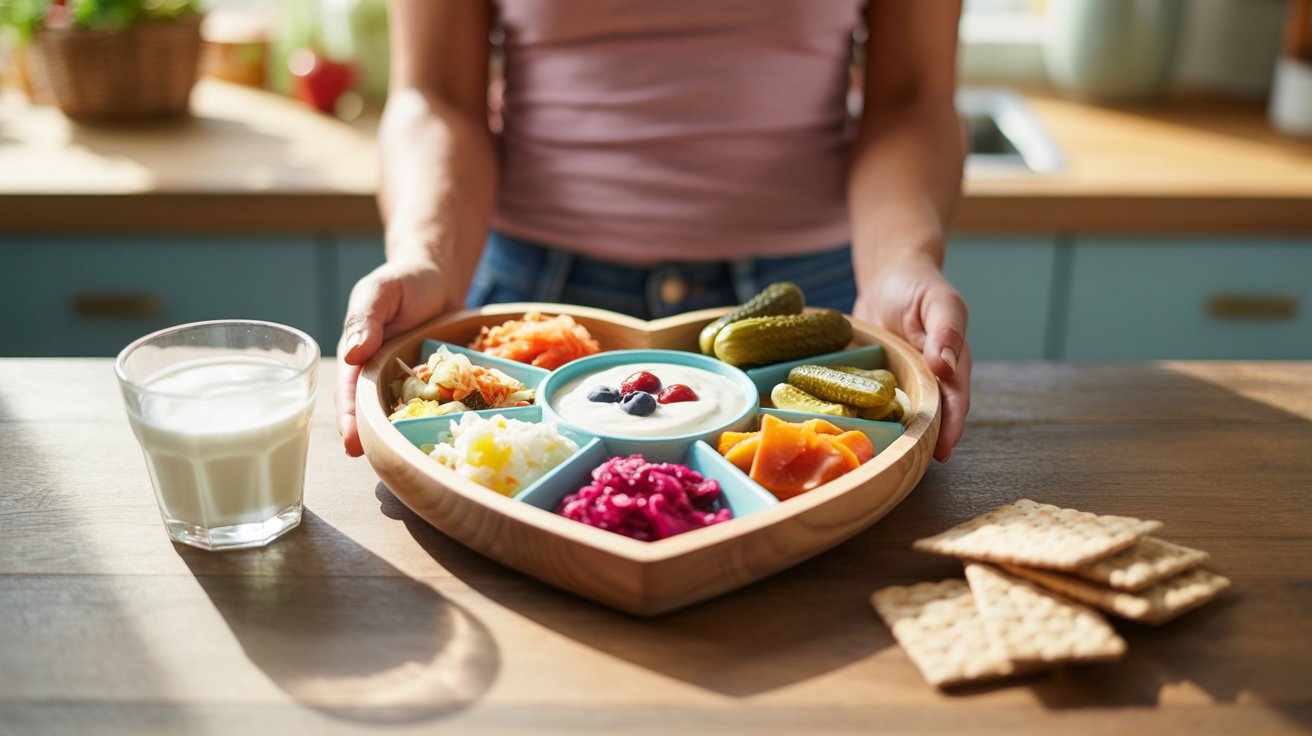In this guide, we’ll introduce you to the key microorganisms in the gut, their roles, and how you can support them for optimal health.
Your gut is home to trillions of microorganisms, working tirelessly to keep you healthy. Think of them as tiny workers in an invisible factory, each with a special job.
From digesting food to boosting immunity, these microscopic residents influence nearly every aspect of your health.
The Power Players: Key Microorganisms in the Gut
Bifidobacteria: The Gut Guardians
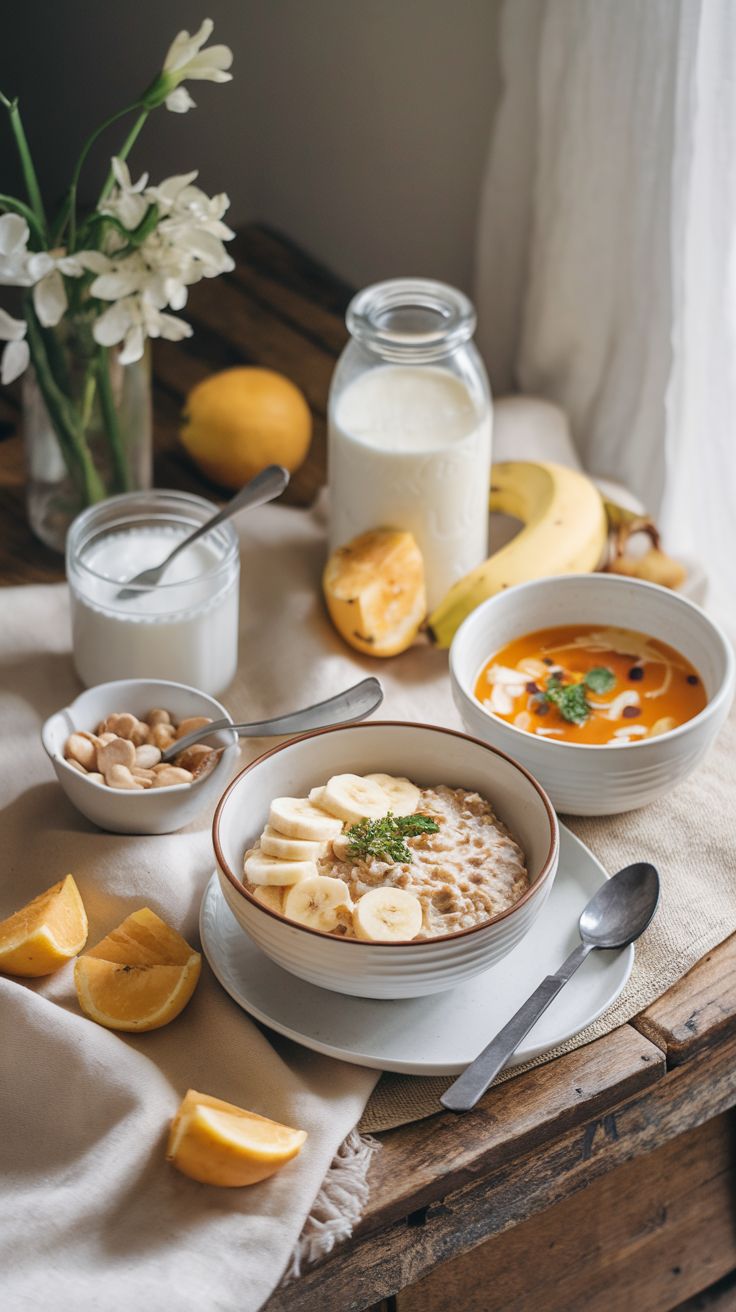
Bifidobacteria are one of the first microbes to colonize the gut at birth and are crucial for digestion and immunity. These good bacteria:
- Break down dietary fiber, producing beneficial short-chain fatty acids
- Strengthen the gut lining, reducing inflammation
- Prevent harmful bacteria from taking over
Boost them with fermented foods like yogurt, kefir, and miso, plus fiber-rich foods like bananas and oats.
Lactobacillus: The Digestive Warriors
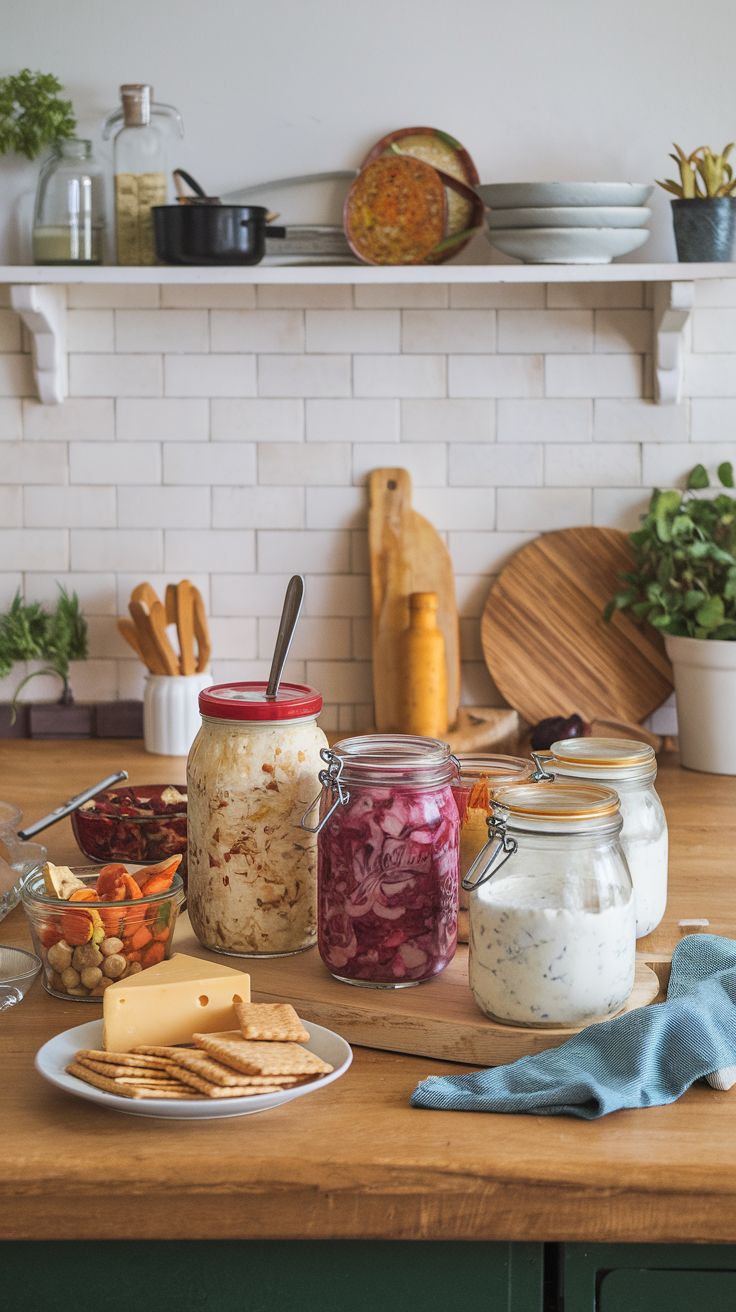
Lactobacillus species are champions of gut balance, playing a role in digestion and immune health. They help by:
- Breaking down lactose (great news for lactose-intolerant folks!)
- Producing lactic acid, which keeps harmful bacteria in check
- Enhancing the gut barrier to prevent infections
Boost them with sauerkraut, kimchi, probiotic yogurt, and soft cheeses.
Faecalibacterium prausnitzii: The Anti-Inflammatory Specialist
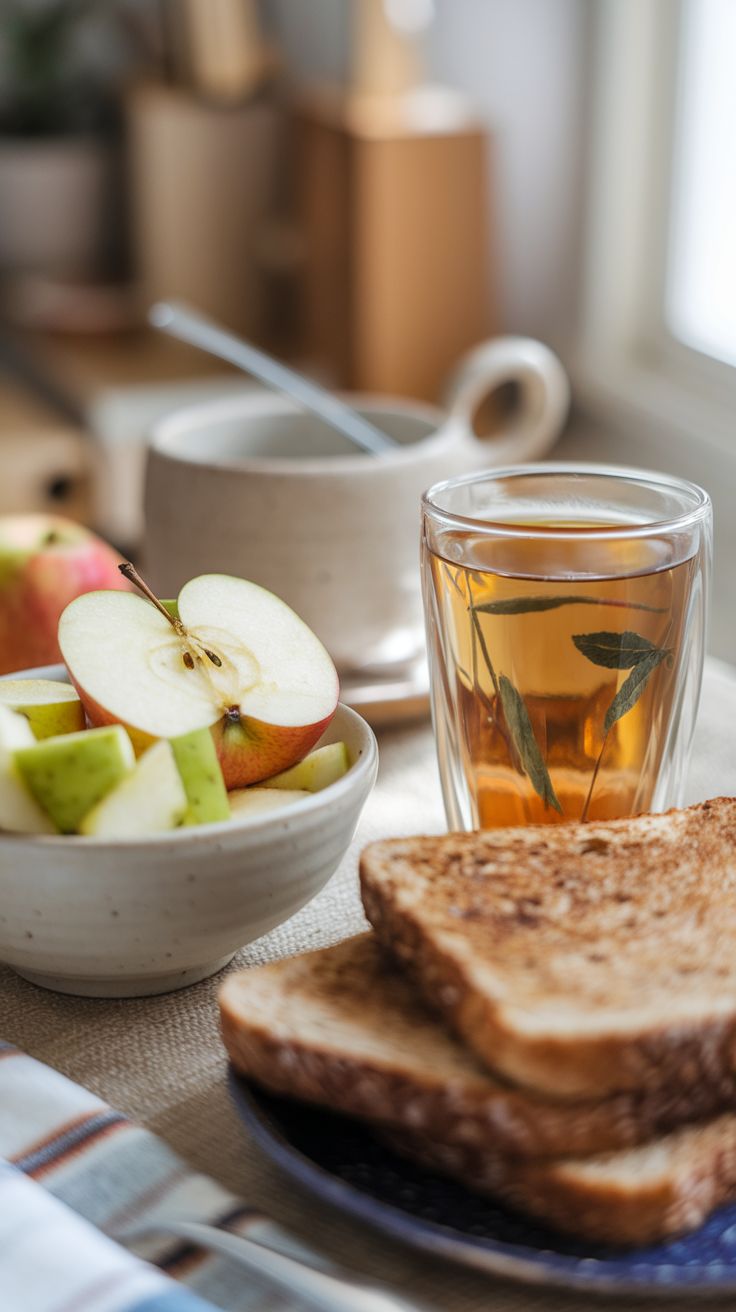
This lesser-known but mighty bacterium is key to reducing inflammation. It:
- Produces butyrate, an essential compound that fuels gut lining cells
- Lowers inflammation, potentially helping with conditions like IBS and Crohn’s disease
Boost them with fiber-rich foods like apples, whole grains, and legumes.
Akkermansia muciniphila: The Gut Barrier Defender

Akkermansia plays a crucial role in maintaining a strong gut lining, preventing toxins from leaking into the bloodstream. This microorganism:
- Strengthens gut barrier integrity
- Regulates metabolism, influencing weight and blood sugar levels
Boost them with polyphenol-rich foods like cranberries, pomegranates, and green tea.
Escherichia coli (E. coli): The Misunderstood Microbe

While some strains of E. coli are infamous for causing infections, most are actually helpful! Beneficial E. coli strains:
- Aid in vitamin K production, which is essential for blood clotting
- Help maintain a balanced gut microbiome
Boost them with a balanced diet that supports microbial diversity.
Bacteroides: The Fiber Fermenters
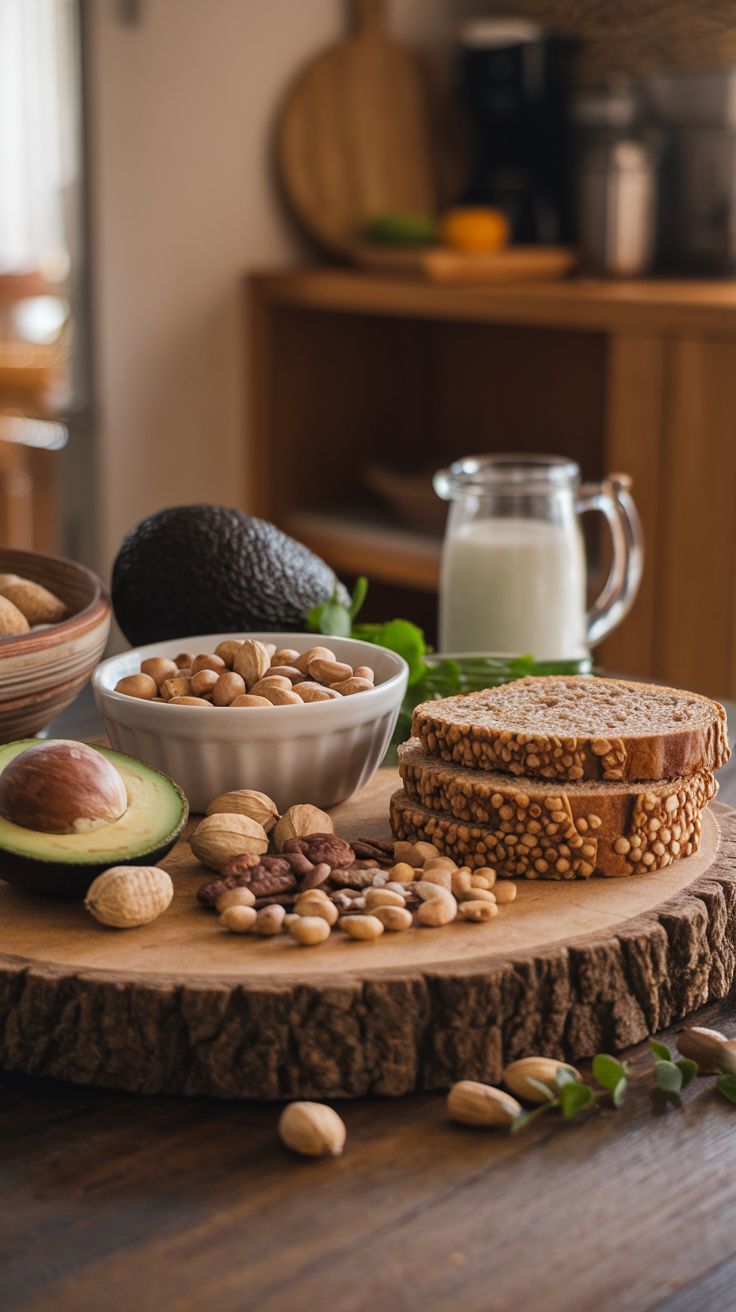
Bacteroides are essential for breaking down complex carbohydrates and keeping digestion smooth. They:
- Help digest fiber and produce short-chain fatty acids
- Regulate immune responses and prevent inflammation
Boost them with a high-fiber diet rich in vegetables, nuts, and seeds.
Methanobrevibacter smithii: The Gas Controller

This archaea species plays a unique role in digestion by:
- Regulating methane gas production in the gut
- Enhancing energy extraction from food
Boost them with a fiber-rich diet and prebiotic foods like garlic and onions.
How to Support a Healthy Gut Microbiome
Now that you know the key microorganisms in your gut, here’s how to nurture them:
- Eat more fiber – Fruits, vegetables, and whole grains feed good bacteria
- Consume fermented foods – Yogurt, kimchi, and kombucha introduce beneficial probiotics
- Limit processed foods – Excessive sugar and artificial additives harm gut bacteria
- Stay hydrated – Water helps transport nutrients and supports digestion
- Manage stress – Chronic stress negatively affects gut health
Understanding These Key Microorganisms in the Gut
Your gut is a bustling ecosystem filled with powerful microorganisms that play essential roles in digestion, immunity, and even mental health.
By feeding and supporting these beneficial bacteria, you create the perfect environment for them to thrive—and in turn, they help you thrive, too.

